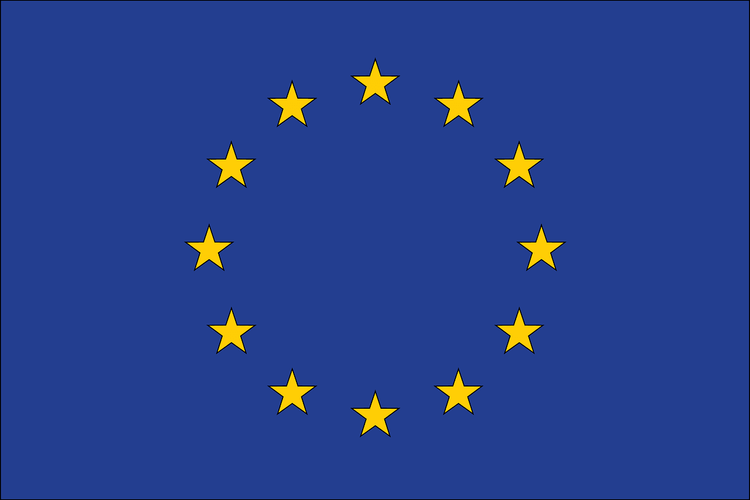Warner Music CEO Robert Kyncl Predicts AI Will Transform the Music Industry Soon
Introduction
Warner Music CEO Robert Kyncl anticipates that artificial intelligence (AI) will have a profound impact on the music industry within the next year. During his remarks at the Code Conference this week, he emphasized that the rapid advancements in AI-driven music creation will elevate the quality of music while urging the industry to embrace this transformative technology.
“Embracing technology is essential because you can't put it back in the bottle. The genie isn’t going back in,” Kyncl stated, highlighting the inevitability of AI's integration into the music landscape.
Addressing Rights Holder Concerns
Kyncl acknowledged the complexities surrounding rights and ownership when it comes to AI-generated music that mimics existing artists. “We have a clear analogy to user-generated content, which has been tackled before,” he explained. Drawing from his experience at YouTube, he noted the challenges faced when copyrighted materials were uploaded en masse, leading to legal disputes with copyright holders.
Having served as YouTube’s chief business officer for over 12 years before joining Warner Music in January 2023, Kyncl played a key role in the development of the Content ID system that allowed YouTube to monitor and manage copyrighted material, paving the way for a healthy revenue-sharing model with content creators. “We developed a multibillion-dollar business from this approach,” he noted. “AI presents similar opportunities with advanced tools, but we must handle it thoughtfully to ensure artists have options.”
Creating a Framework for AI in Music
Kyncl emphasized the importance of offering artists the choice to opt-in or out of AI services while ensuring those who choose to participate are protected. “We have the blueprint from user-generated content; now we need to establish the fine print for AI,” he stated.
While a comprehensive system is still in development, Kyncl assured that progress is being made rapidly. Warner Music is committed to collaborating with major platforms such as YouTube, TikTok, and Spotify to help shape the guidelines as these technologies advance. Recently, YouTube announced its plan to compensate artists and rightsholders for AI-generated music, starting with Universal Music Group (UMG). UMG has already implemented measures to remove AI music from its platform and restricted AI companies from using its catalog for training.
AI’s Impact on the Broader Media Landscape
In addition to the fast-moving effects of AI on music, Kyncl believes that innovation in this space will occur before it significantly influences television and film. He highlighted concerns raised during the recent Hollywood writers’ strike, where writers feared that studios might use AI to sidestep fair compensation for their work.
“Music is widely distributed and aligns well with the internet, making it suitable for recommendations. It typically leads many transformations and innovations,” Kyncl explained. “What we witnessed in the music industry two decades ago is now starting to happen in movies and TV shows.”
The Need for Evolving Legal Frameworks
Kyncl also pointed out the necessity for legal frameworks to adapt alongside AI music creation. “Rights regarding name, image, likeness, and voice should receive the same protections as copyright, but this transformation will require time,” he remarked. “While progress is likely, collaboration with distribution platforms will be crucial as we navigate this evolution together.”
In summary, Kyncl’s insights illuminate a path forward for the music industry as it embraces AI technology, balances artist rights, and responds to an evolving digital landscape.







